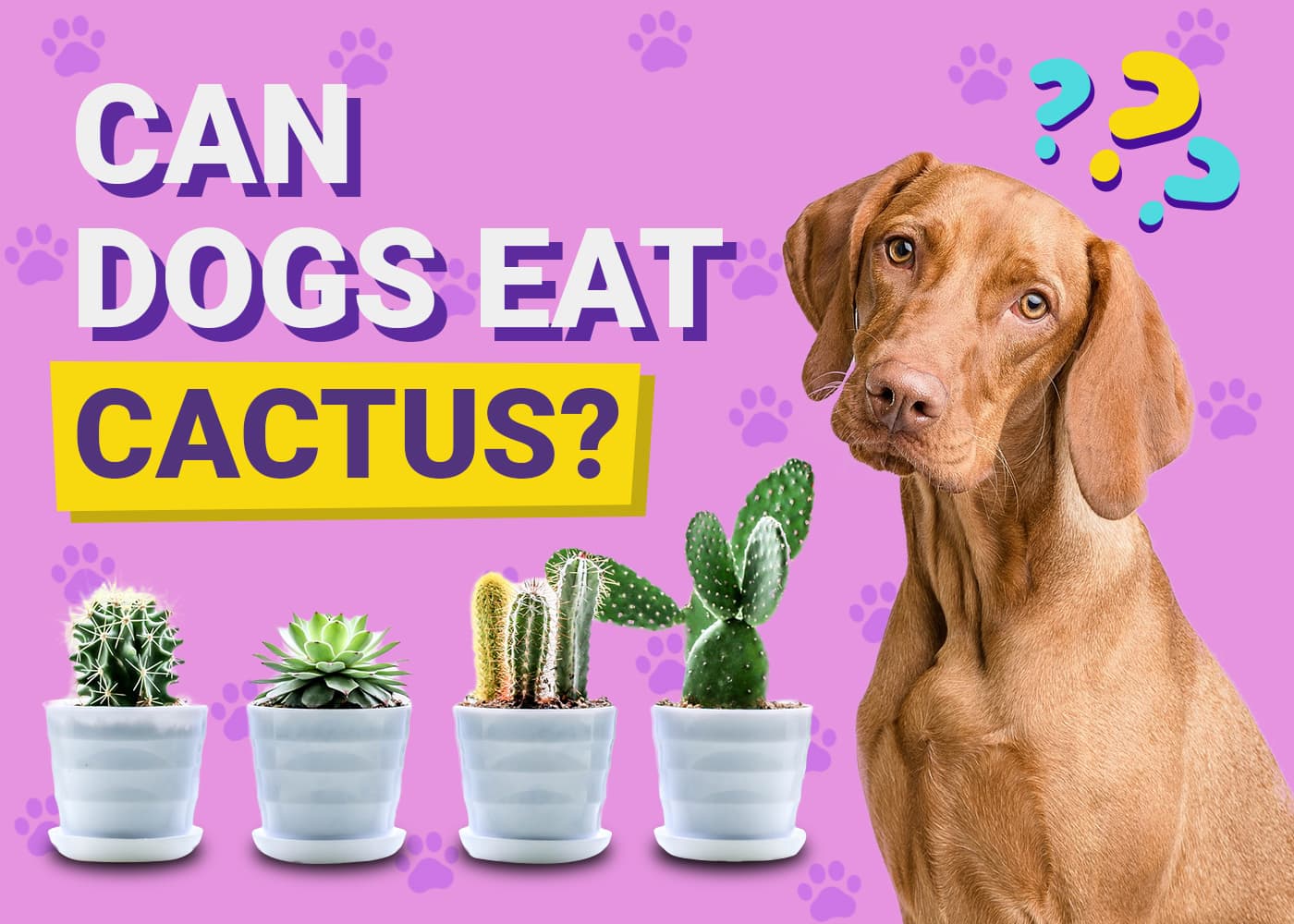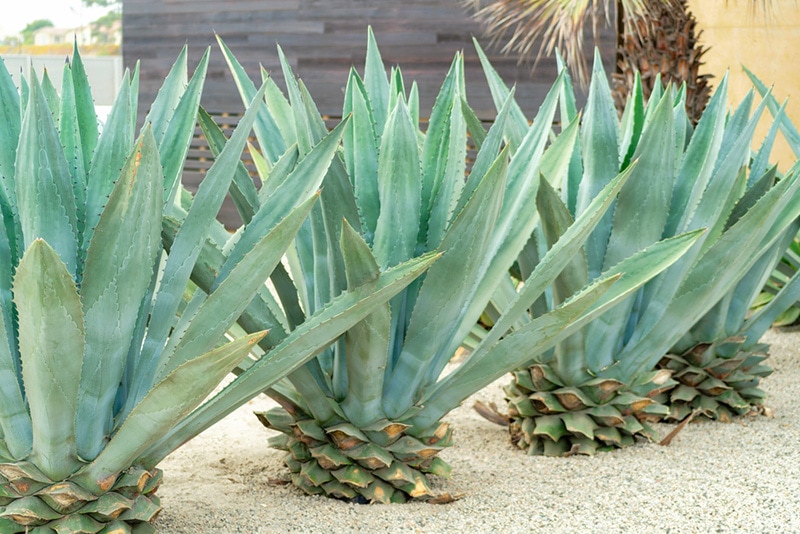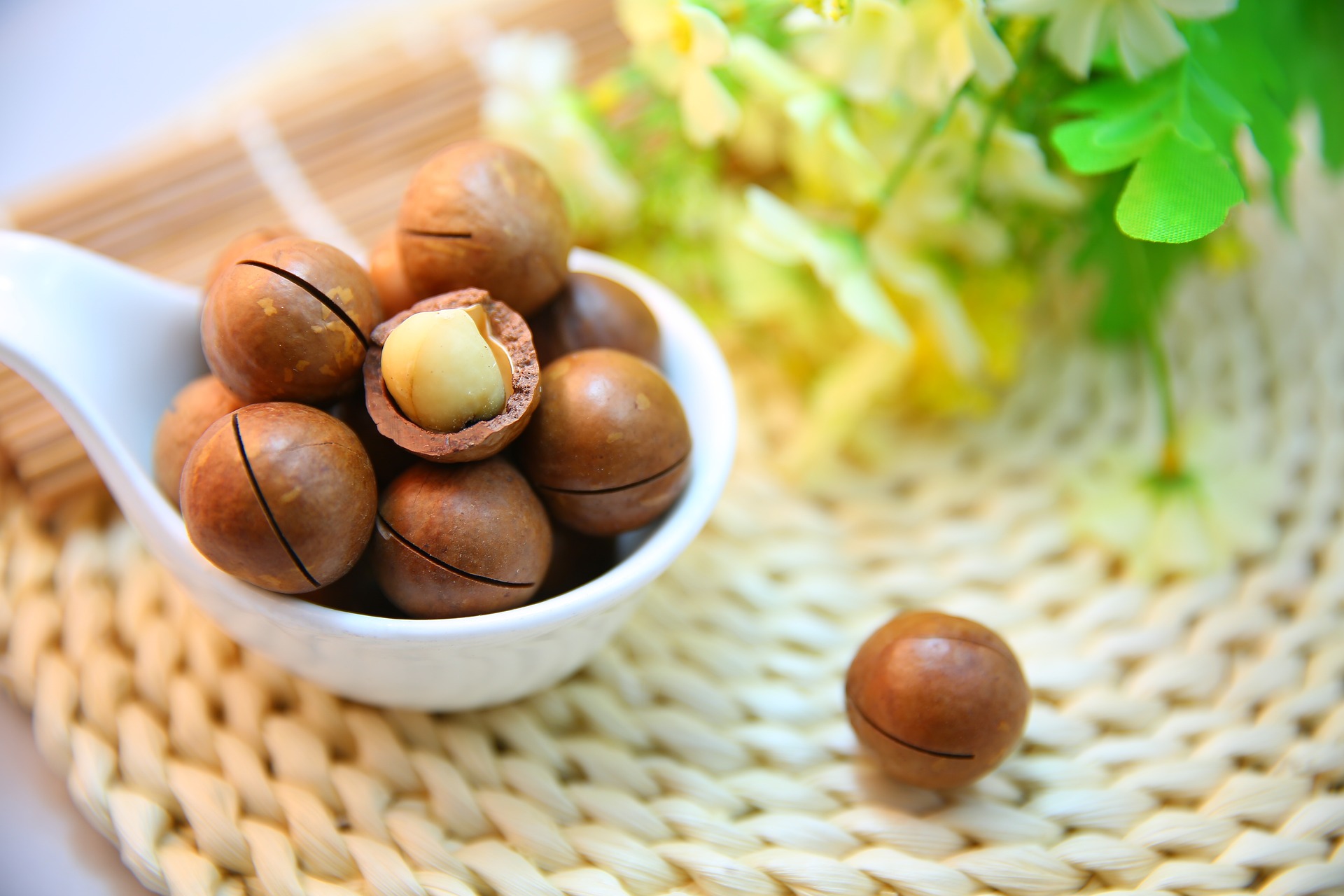Dogs are curious animals, which is why you will find them nosing around the house, looking for things to eat and play with. Plants often come under dogs’ radar since many of them have a characteristic scent, and we all know dogs love nothing more than to smell everything in the area.
One of these plants is the cactus. Cacti are spiky plants, keeping most humans and animals at bay, but you can’t expect the same level of caution from dogs, especially if they are still just a puppy. So, that raises the question: can dogs eat cacti? Is the plant safe for dogs?
The short answer is that dogs should stay away from all cacti as they are not appropriate for them to ingest and offer limited to no health benefits based on current research.
Sap from some cacti is actually poisonous to dogs, while most will be irritating and may lead to drooling, ocular and oral damage, and stomach upset. The skin of cacti and spines can damage the dog’s skin and mouth, which will need veterinary attention.
Why Are Cacti Not Safe for Dogs to Consume?
First, let’s break down the nutritional profile of cacti 1. Does the plant have any nutritional benefits? Cacti are rich in vitamins A and C, along with some antioxidants. They also have potassium and calcium.
However, that does not mean the plant should be in your dog’s regular diet. While some cacti, such as the Mistletoe cactus and the prickly pear cactus, are not considered toxic to dogs, most cacti can be dangerous when consumed.
For one, eating cacti is harmful in itself. Cacti are made up primarily of water and carbohydrates, making them a poor source of nutrition for dogs, and can also cause intestinal blockage and damage to the stomach and intestines.
Moreover, cactus spines can get lodged in your dog’s digestive tract, mouth or throat, causing them discomfort and pain that requires urgent veterinary attention.
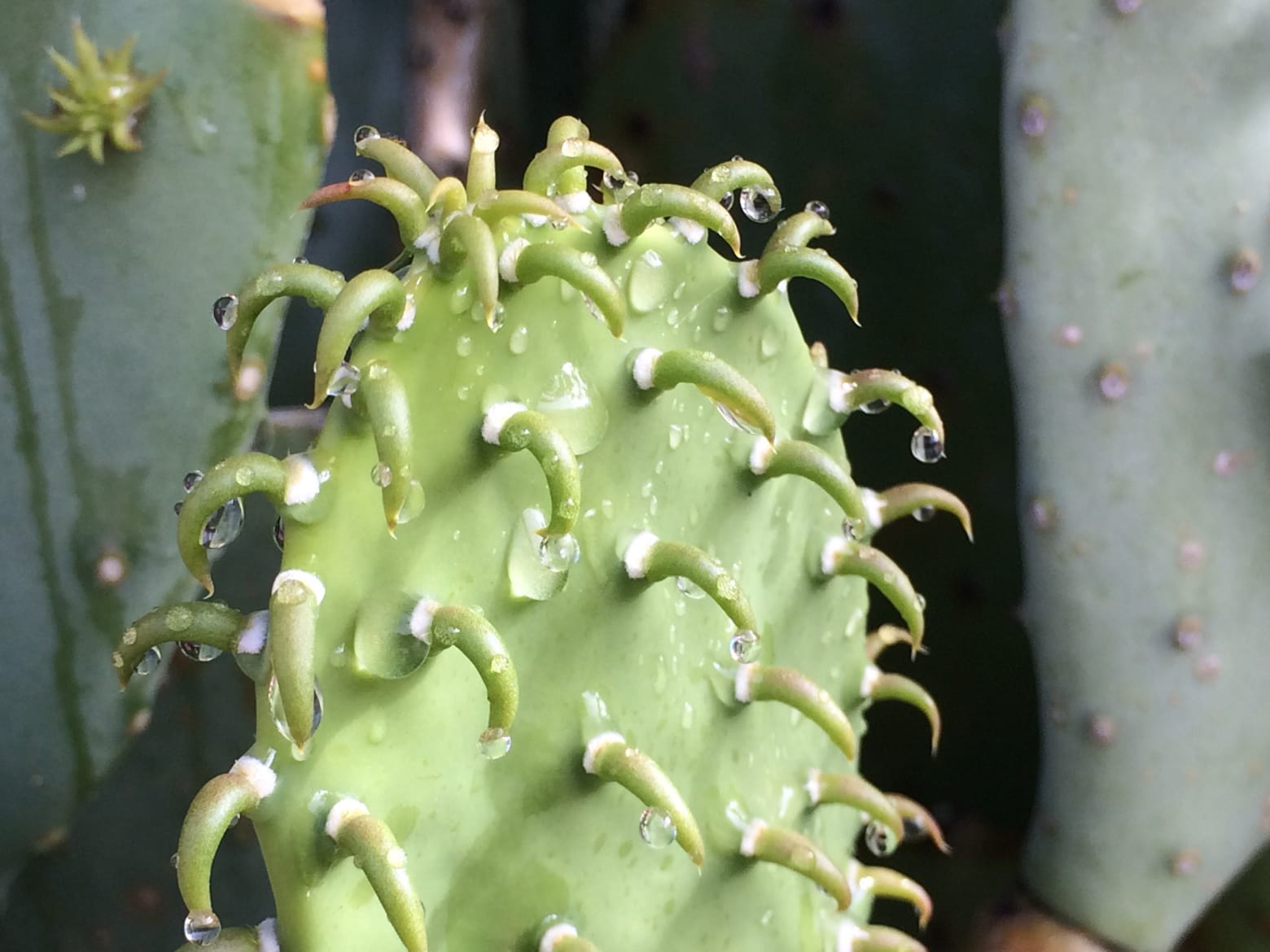
Health Risks of Cacti for Dogs
As mentioned, cacti pose several risks to your dog’s health. Here are some common ones:
1. Physical Injury
If you’ve ever grown a cactus or tried repotting it, you’d know the level of caution you have to take to prevent an injury. The spines of cactus plants can be very prickly, injuring your pet if they take a bite out of the plant.
These spines can harm your pet’s throat and digestive system. If you suspect that your dog has eaten a cactus and its spines are stuck in their mouth or throat, they are drooling or pawing at their mouth, coughing or retching, you will want to take them to the vet right away to have them removed. Some dogs may get sap in their eyes, which leads to irritation, swelling, ocular discharge, and pain.
Even after the spines are out, you should monitor your pet for any signs of discomfort or deteriorating health. If they have ongoing pain, fever, drooling, or nausea, consult a vet immediately.
2. Stomach Upset
While most cacti are not directly poisonous, they can cause gastrointestinal problems in dogs. The sap from a cactus plant contains an irritant, causing stomach issues if consumed.
Plus, many cacti are grown using fertilizer-fed soil these days. The fertilizer from the soil can also enter your dog’s stomach, causing discomfort and gastrointestinal problems.
Depending on the type of cactus, its consumption can also cause damage to your dog’s skin or eye irritation. If you notice any of these signs, you should take your dog to the vet immediately.
3. Toxicity
Some cactus species are toxic to dogs when ingested. Examples include the pencil cactus. Some common signs of cactus poisoning include vomiting, diarrhea, drooling, irritation to the mouth, and anorexia.

Is It Safe to Feed Cooked Nopales to Dogs?
The edible part of the prickly pear cactus is called nopales. It is a part of Mexican cuisine, cooked and diced. It is also a popular vegetable in Central America.
Your dog can eat cooked nopales in moderation. They taste like cucumbers and have a texture like green beans or okra. Nopales are also high in fiber, preventing bloating and constipation.
However, you should not feed too many nopales to your dog, as excess fiber consumption can cause digestive system issues in your pet. Moreover, raw nopales also contain oxalic acid, the precursor to oxalate crystals.
These crystals can cause irritation to the mouth and digestive tract, causing drooling, vomiting, and diarrhea, and may lead to bladder stone formation in dogs if ingested regularly or in significant amounts, or in dogs and breeds predisposed to stone formation, resulting in serious health issues. Therefore, it is best to only give cooked Nopales as an occasional treat.
Which Cactus Species Are Toxic to Dogs?
If you grow cacti at home, you should know which pots need to be kept away from dogs at all costs. Here are some species that are toxic to dogs according to the ASPCA, and a few more that may have a harmful effect as well, extrapolated from effects on people. Species other than the pencil cactus are based on anecdotal information from gardening sites, while scientific data is unfortunately lacking.
- Pencil Cactus: It has a milky sap that leads to gastrointestinal problems and skin problems in pets, and is the only toxic cactus species on the list according to the ASPCA.
- San Pedro Cactus: The flowers of the San Pedro cactus contain psychedelic alkaloids. An example of these alkaloids is mescaline, which results in hallucinations in people. There is unfortunately limited data about the potential toxicity of this cactus in dogs, and the available research is outdated.
- Peruvian Torch Cactus: It also contains mescaline, which may lead to hallucinations in people.
- Canary Islands Cactus: The milky sap of this cactus irritates the gastrointestinal tract
- Peyote Cactus: You might think Peyote cactus is safe around your dog because it does not have spines, but this is far from true. If consumed, this cactus can result in psychotic and digestive issues
- Saguaro: The Saguaro cactus has pointy spines that can damage your dog’s skin, throat, and digestive system. Though some people have used it as a food source for thousands of years, there are no records that it is safe for dog’s consumption.
- Barrel Cactus: The ribs of the barrel cactus have a poisonous sap that may cause skin irritation and rash.
- Cholla: The microscopic barbs on the spines or shooting needles of Cholla cause pain and inflammation when removed from the skin.
- Silver Dollar/Jade plant: As appealing as the name sounds, this cactus is harmful to everyone. When it pricks you or your dog, it can cause a stumbling gait, vomiting, and nausea.
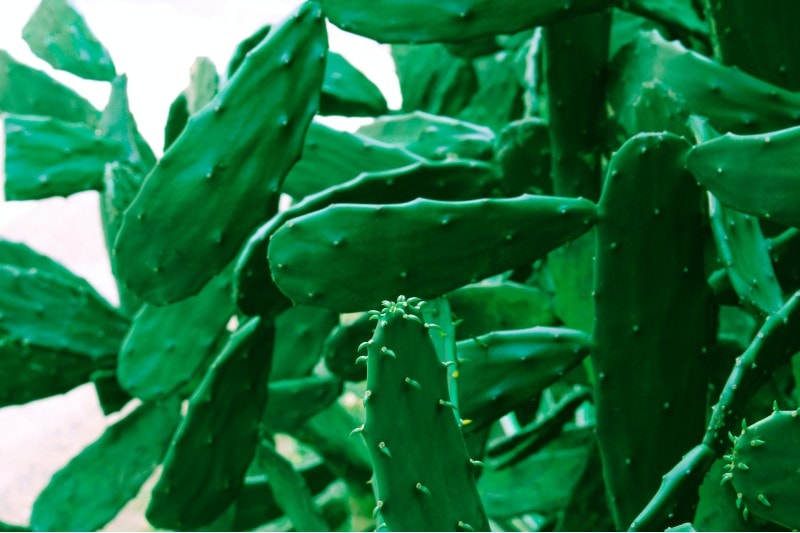
Frequent Asked Questions
Can Dogs Eat Succulents?
There is no need for dogs to eat succulents. They bring no real health benefits and pose several health risks to dogs. Bear in mind that some of them can be extremely harmful. You should keep aloe vera, rubber, panda, jade, and snake plants, Mother in Law’s Tongue, and String of pearls away from your dog.
Which Cacti Are Safe for Canine Consumption?
Ideally, you should not feed any cactus plants to your dogs. There are other ways to get the high quality nutrition your dog needs every day. But some examples of ‘safe’ cacti to have in your garden, according to the ASPCA, include the Chinese Money plant (Pilea peperomiodes), Hens and Chicks (Sempervivum sp), Variegated Wax plant (Echeveria sp.), Bunny Ear cactus (Opuntia microdasys) and the Christmas cactus (Schlumbergera bridgesii). Classing them as safe just means they are not directly toxic to dogs but may still cause mouth, throat, and gastrointestinal irritation if your dog tries to ingest any.
What Do I Do if My Dog Eats a Cactus?
If you’re unsure about the type of cactus, or your dog is showing any signs of discomfort, mouth or digestive irritation, or skin or eye irritation, take your dog to the vet for a checkup. The veterinarian will assess a treatment plan based on the type of cactus and your dog’s overall health. If your dog has consumed a cactus plant, check to see if there are any visible needles lodged in their mouth or lips that you can take out gently with tweezers. In most cases, your vet will need to remove them from the dog’s mouth and throat under sedation to prevent further injuries. Check online if the cactus your dog has consumed is toxic or not, using verified sources like the ASPCA, but be aware that non-toxic succulents can also lead to stomach upset or other signs.
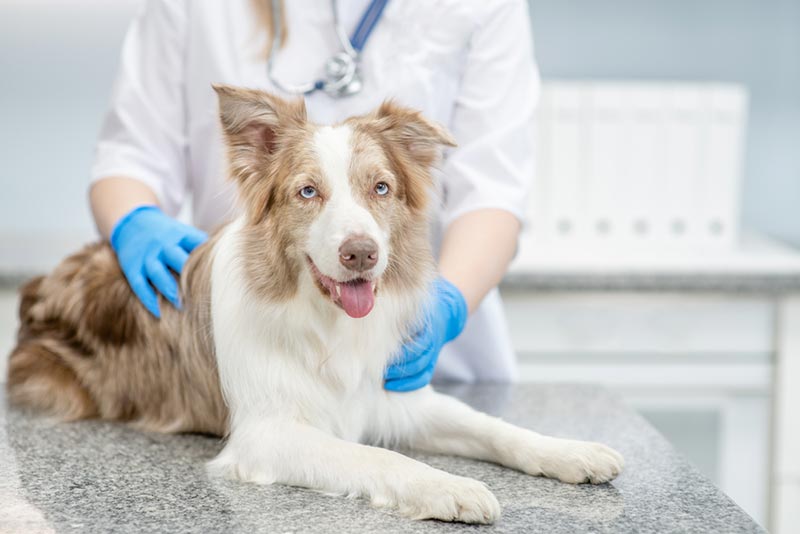
Conclusion
As a sweeping statement, we can say that some cactus plants are ‘safe’ for dogs and can be kept in the house or garden. But that does not mean it should be a part of your dog’s weekly meal plan. They are just not appropriate or safe to be offered to dogs in any sense.
While some cacti are classed as safe for consumption by many online sources, there is limited research and evidence-based data about their safety, meaning it’s just not worth the risk. Some cacti can be toxic and even poisonous for the little pooch. Even the ‘so called’ safe cacti have prickly spines that can cause physical injury to your pet’s skin, mouth, and digestive tract.
The best way to prevent any cactus-related problems is to keep your dog away from your cactus plants. If they ingest a cactus, call your veterinarian immediately.
See also:
Featured Image Credit: JumpStory

